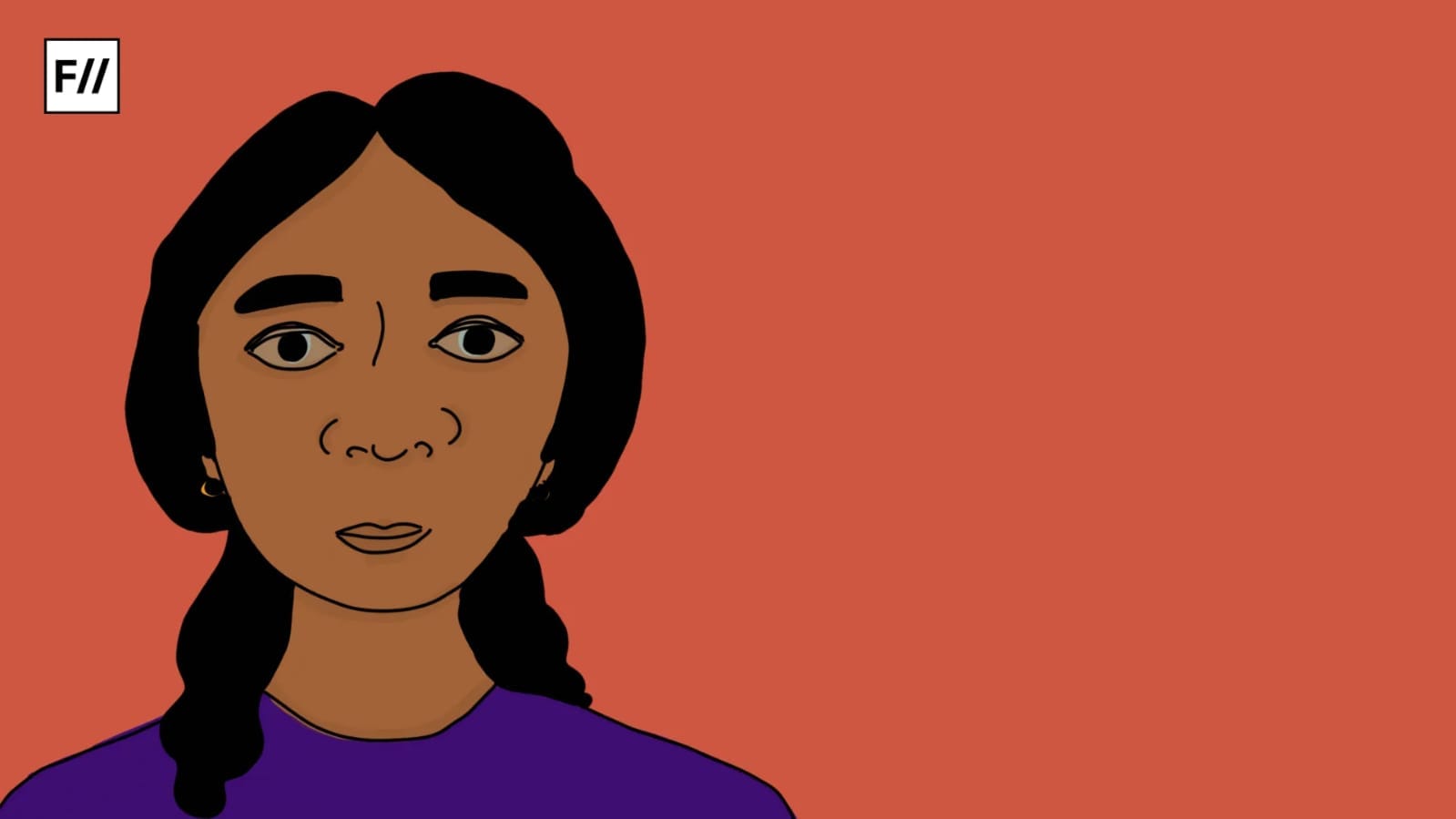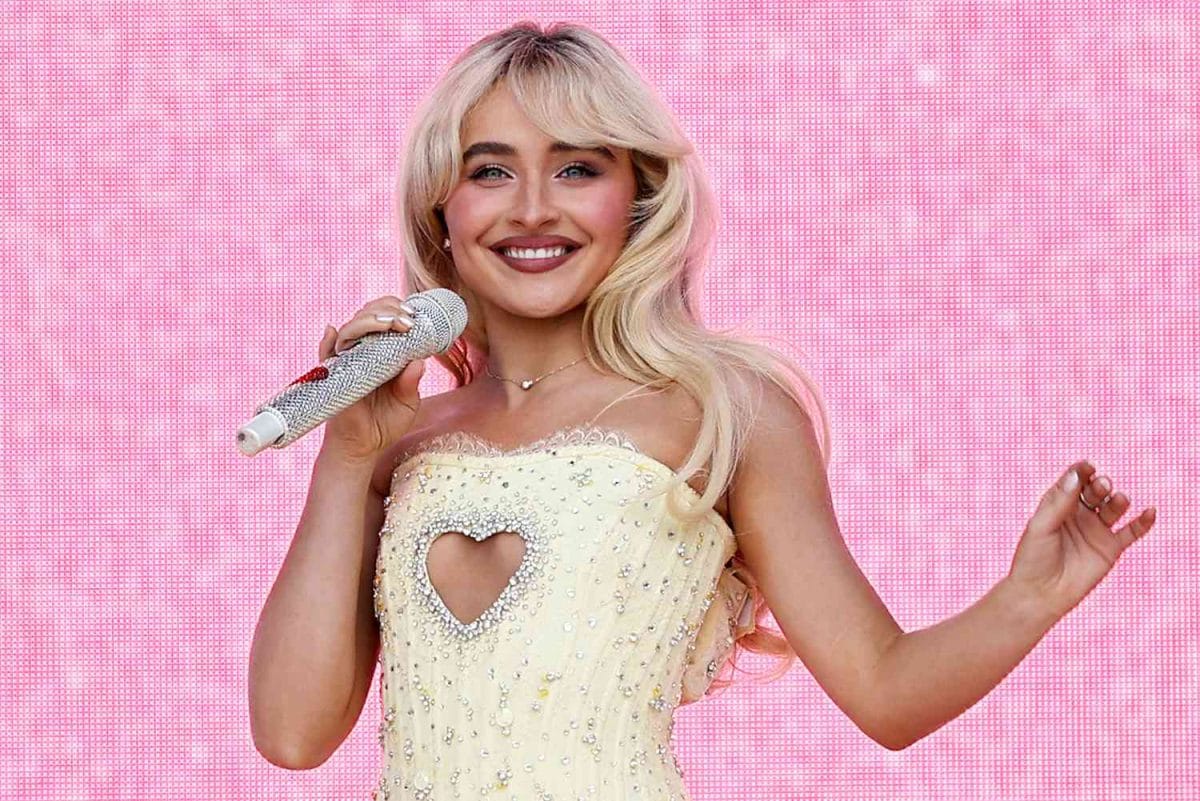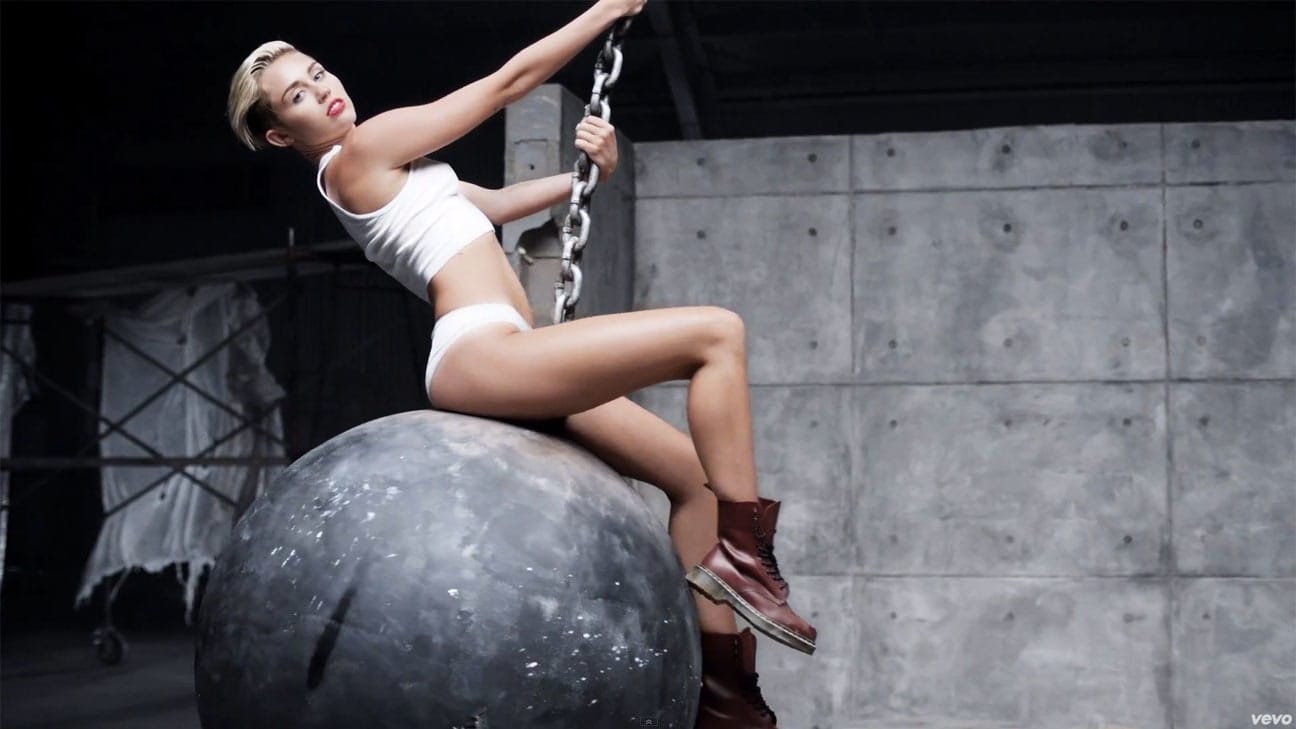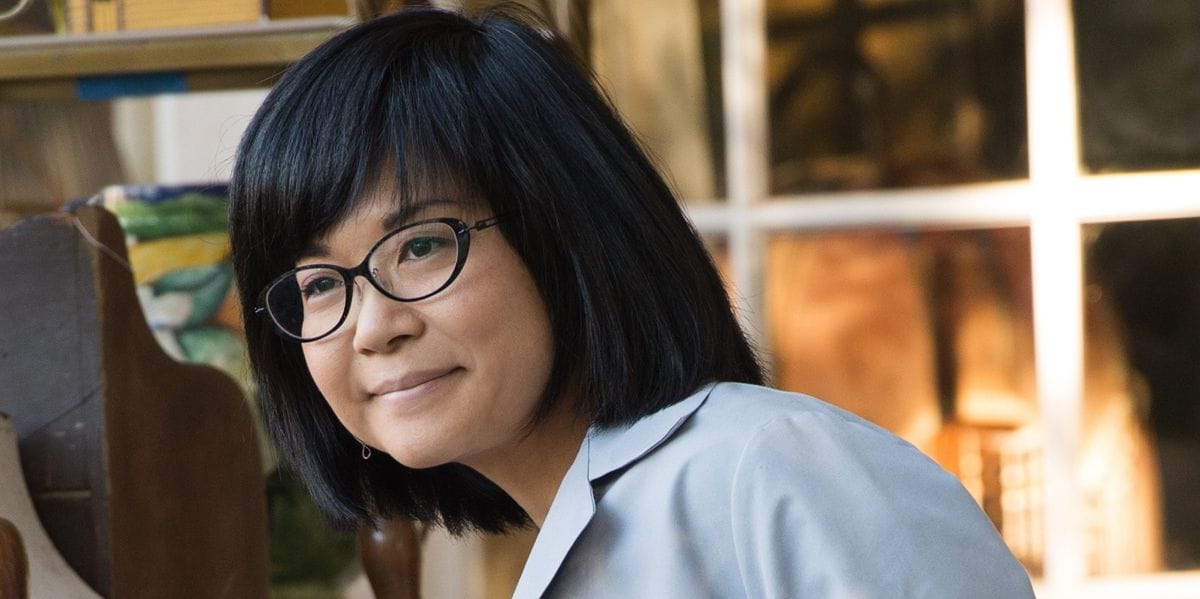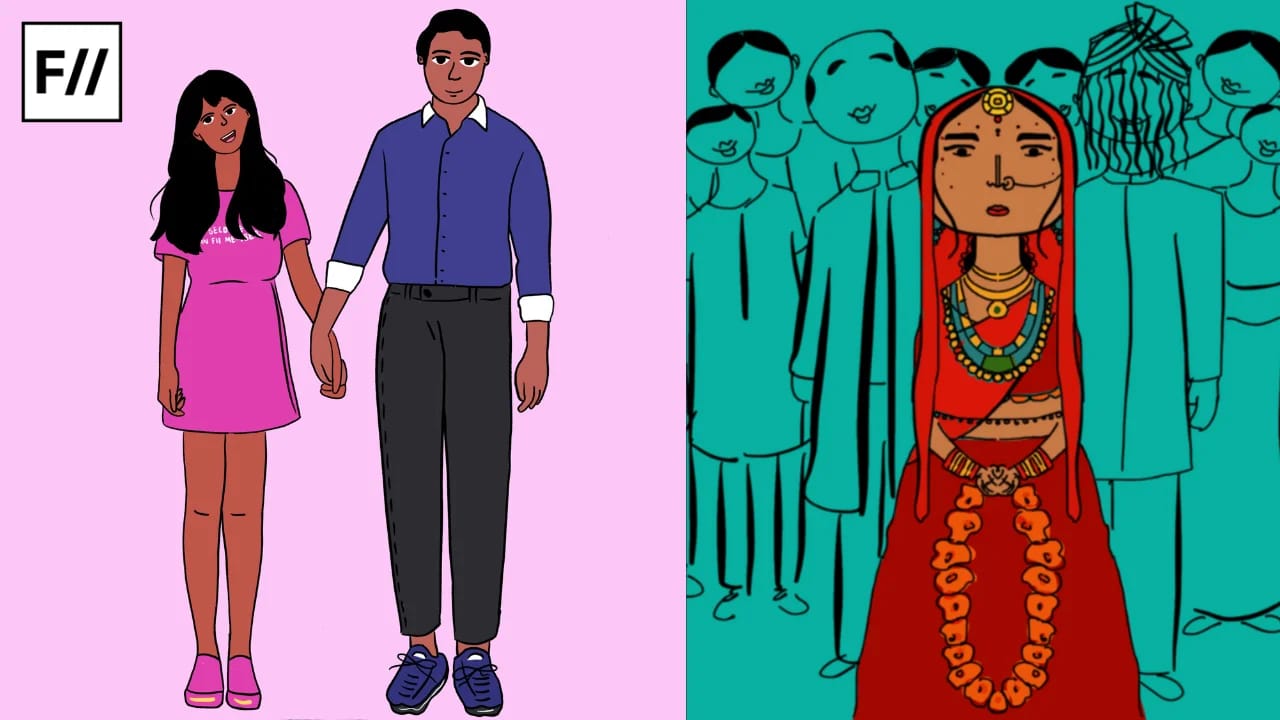With emerging and chart-topping pop star and former child star Sabrina Carpenter’s world tour for her latest album Short ‘n’ Sweet in full swing, the Internet seems divided on the appropriateness of her shows. For theatre and arts connoisseurs and music fans, the show is a piece of art from start to finish with the set, costume, and choreography perfectly in sync with the set list of songs.
That makes one wonder – why should a concert by an adult woman, whose songs are mostly aptly marked explicit, be appropriate for kids?
However, the layman is questioning whether the show is too vulgar and inappropriate for kids. That makes one wonder – why should a concert by an adult woman, whose songs are mostly aptly marked explicit, be appropriate for kids?
It highlights the other side of the coin of starting out as a child actor where the audiences are unable to stomach the fact that the child actors they grew up watching aren’t kids anymore and have autonomy as adults and creative freedom as artists. Child artists grow up to receive a myriad of challenges in show business.
Former child actors judged for merely growing up?
Sabrina Carpenter gained prominence with her role in popular Disney sitcom, Girl Meets World, a spin-off of famous 90’s sitcom Boy Meets World. She started recording covers when she was 10 and released her first single at the age of 15.
She has since released 6 albums and 2 EPs. Carpenter’s blockbuster song Espresso broke numerous records and was hailed the most streamed song on Spotify in 2024. The tour for her album has been sold out all across Europe and North America. Carpenter is 25 years old and is known for her funny innuendos in lyrics and interviews alike. The critics, mainly parents of young children, seem disturbed and tend to question her choice of words in lyrics, costumes and choreography in her shows as being “inappropriate”.
A similar public reaction was seen in 2013 after Hannah Montana famous Miley Cyrus’ song Wrecking Ball went viral which featured the then 21-year-old starring in an explicit music video garnering criticism from audience and fans alike.
A similar public reaction was seen in 2013 after Hannah Montana famous Miley Cyrus’ song Wrecking Ball went viral which featured the then 21-year-old starring in an explicit music video garnering criticism from audience and fans alike. And even 11 years later, the world hasn’t quite recovered from it. The music industry is vast and it’s a fact well-known that these stars grow up to have a different fan base, target audience, and a different industry to tackle and pave their path in.
Actors and singers who started out as child actors in cutesy shows do not owe the world that image till the end of time. They cannot be seen as kids or child actors even at the age of 25 who must write age-appropriate songs and put on PG performances to fit the image from their Disney days. They are not the same children on sitcoms and the audiences do not and should not dictate their choices nor judge them.
Overworking and exploitation of child actors
Jeannette McCurdy, known for her roles in Nickelodeon shows iCarly and Sam & Cat, revealed in her 2022 memoir I’m Glad My Mom Died that she was forced to drink alcohol as a minor on set and also experienced harassment at wardrobe fittings. She refused a large sum of money as a non-disclosure agreement from Nickelodeon to prevent her from discussing her experiences at the network, which is telling in more ways than one.
McCurdy also dealt with eating disorders at a young age, in part to look younger and keep getting casted in child or teen roles on TV. She also detailed her mother’s role in her life as a child actor, who was incapable of making legal decisions and needed her mother. It shows how child actors are often exploited at the hands of irresponsible and opportunistic parents who use their children’s talent for monetary gains.
Another Nickelodeon star, Drake Bell from Drake and Josh fame opened up about being sexually assaulted by a voice coach during the show’s run in a docuseries Quiet on Set: The Dark Side of Kids TV.
Another Nickelodeon star, Drake Bell from Drake and Josh fame opened up about being sexually assaulted by a voice coach during the show’s run in a docuseries Quiet on Set: The Dark Side of Kids TV. The voice coach, Brian Peck was later sentenced to prison and was registered as a sex offender. These actors experienced trauma at the hands of authority figures, family members disguised as managers, and money at a very delicate age.
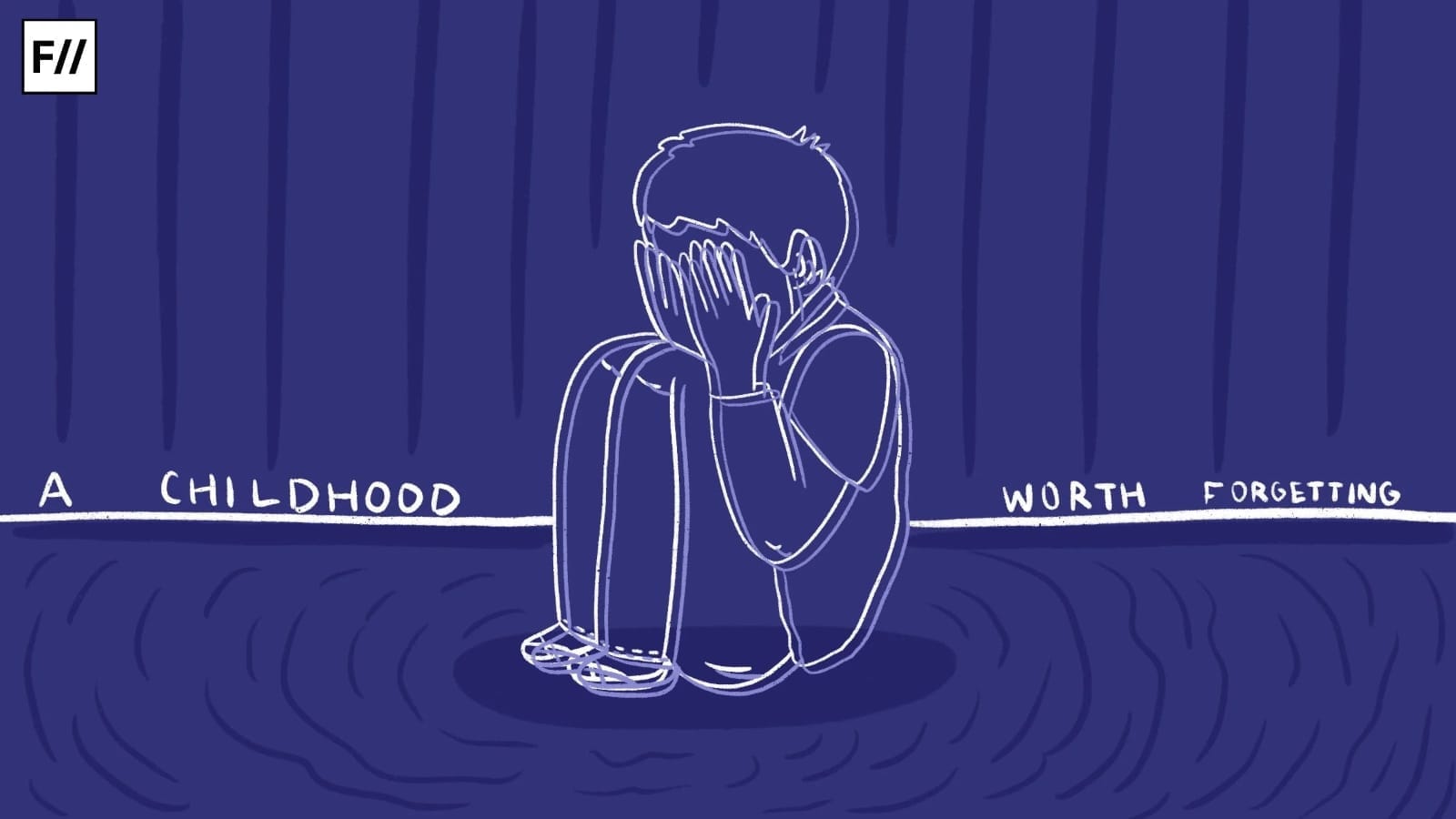
Child labour laws are ignored and the working hours are often illegal, resulting in the overworking of children. Multiple singers and actors who started their career as children have detailed their experiences in recent years. Other popular stars like Selena Gomez have stated in interviews that their stint at Disney was one of major censorship and control and tended to oversexualise them as minors.
The omnipresent sexism
The sexism and misogyny that comes with being an actor does not spare child actors either. Instagram’s comment section is full of hatred and judgmental reviews for Carpenter’s shows solely for her choice of clothing and suggestive choreography, with parents regretting taking their preteens to her shows. Fans counter the criticism as more of bad parenting for taking kids to an adult concert and blatant sexism.
Hollywood is filled with male rappers with explicit, often highly offensive and misogynistic content in their songs yet no one bats an eye. Whereas Carpenter’s lyrics merely qualify as adult content which should not be an issue given that her shows come with disclaimers.
The criticism is aimed more at her choice of clothing than constructive musical criticism. Record-breaking female musicians are criticised time and again with comments and lewd remarks on their appearance, clothing, character, relationships, and even their families. It’s almost as if their being successful in their field is the very thing that makes them objectionable.
Autonomy in dressing is a struggle for women around the world and musicians are no exception.
Autonomy in dressing is a struggle for women around the world and musicians are no exception. The brutal remarks on social media also mention her height and sexualise her costumes on her shows, further objectifying and infantilising her.
Socio-cultural impact
The exploitation is also seen with unrealistic body expectations set for them and by them. A running trend of teen sitcoms especially in the 2000s was the casting of older actors to play children and teens. The best, and most unbelievable example, being that of the character of Lane Kim from 2000s comedy-drama series Gilmore Girls played by Keiko Agena who was 26 at the start of the show and played a highschooler.
Most preteens and teens are played by actors who are at least four years older than the age they play. This sets an unreasonably high precedence and unrealistic expectations for audiences which often lead to body image issues among young children as well as the child actors in the entertainment industry.
TV shows and sitcoms starring child actors and made for teens have a responsibility far greater than they probably realise. Popular shows become cult classics and have an impact beyond their times impacting generations. Child actors are now at more risk than ever before with AI and deep fakes taking over social media and comments section feedback taking front seat and causing mental health issues. Judgement in disguise of criticism is the newest epidemic online which is a threat to child actors, both current and former.
About the author(s)
Sara Siddiqui is a freelance journalist from Delhi. Her passion for writing and the need for social justice drew her to journalism. She believes words can change the world. Sara has bylines in the Indian Express and the Millennium Post as well as published work online. She posts her original poems, book reviews, and personal essays on her WordPress blog.
